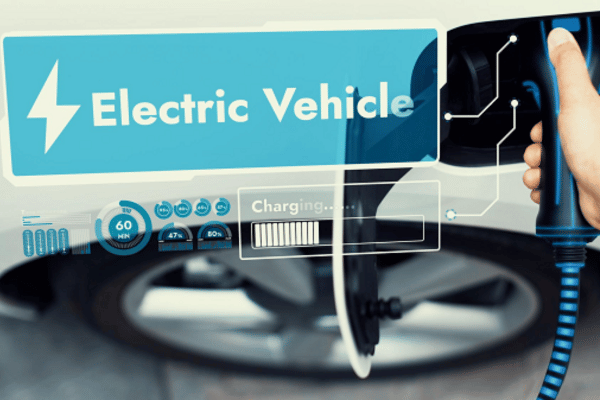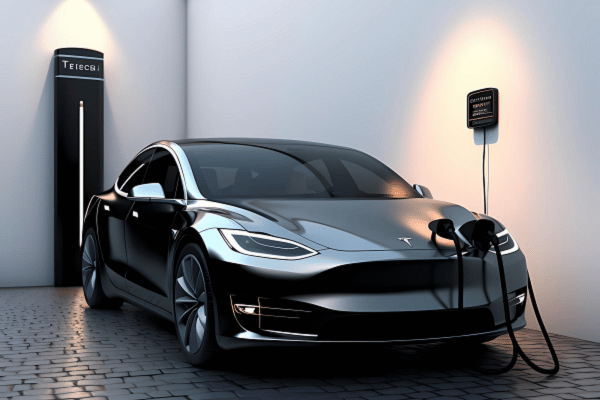Government Awarded Over $1 Billion in EV Tax Credits in US This Year

Since January 1, EV buyers have collectively saved over $1 billion, resulting in the sale of approximately 150,000 new and used electric vehicles. This impressive figure doesn’t even include leases, which would substantially increase the total savings.
The electric vehicle (EV) market in the United States has experienced a significant boost this year, largely thanks to the federal government’s EV tax credit program.
One key change that has made the EV tax credits more attractive to consumers is the shift from year-end tax credits to point-of-sale discounts.

Buyers can enjoy immediate price reductions when purchasing an EV rather than waiting until tax season to claim the credit. These measures aim to make incentives more convenient and appealing to a broader range of consumers.
The Biden administration has been a strong proponent of EV adoption, recognizing the crucial role that federal incentives play in promoting EV sales.
The current tax credit offers up to $7,500 per vehicle, with $3,750 tied to sourcing battery raw materials in North America and the other $3,750 linked to the vehicle’s final assembly in the US.
The focus on domestic sourcing and production aims to protect against Chinese EV imports and support American jobs. However, the rapid growth of EV sales has also shown the challenges and limitations of the current charging infrastructure.
While government investments have slightly increased the number of charging stations available, there is still a significant need for expansion and improvement.
Tesla, known for its reliable Supercharger network, has recently faced layoffs that may affect service quality. This could potentially open the door for other companies to fill any gaps.
Experts agree that continued EV adoption will require a combination of financial incentives and infrastructure enhancements.
The popularity of point-of-sale discounts has demonstrated the effectiveness of making EV purchases more financially attractive. However, without a fast and reliable charging network, consumers may hesitate to fully adopt electric vehicle use.
The government expects to maintain its focus on expanding charging networks and addressing foreign competition in the EV market.
The tax credits have undoubtedly played a vital role in promoting EV sales. However, ensuring the long-term success of electric vehicles in the US will require an exhaustive approach that addresses both financial motivations and infrastructure needs.